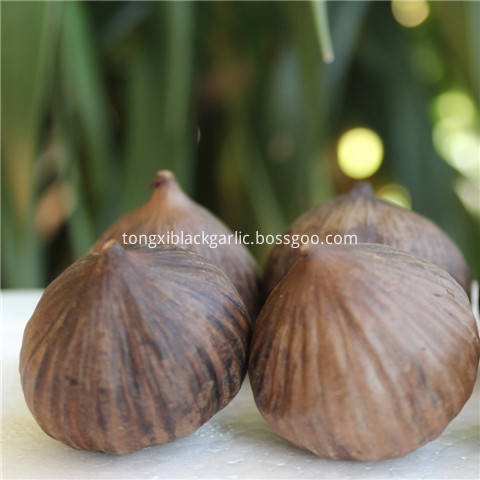First of all, it is time for the citrus fruit to protect the fruit, but it is also spring shoots mature, small fruit turn green, the use of agricultural measures and high safety of chemical pesticides more desirable. 1. Lightly cut off the larvae, leaves and enclosed branches of the calendar year, which is favorable for ventilation, light transmission and even spraying. The pruning method is based on sparse shearing. 2, with the fruit measures to accelerate the spring shoot old mature. Available Jinyun Da-120 + 92 O + potassium dihydrogen phosphate + amino acid to ensure the first fruit, with the whole tree fruit + calcium phosphorus magnesium zinc micro-farm to ensure the second fruit. 3, prevention and control of the first and second instar larvae combined with inhibition of eggs. Can be used Yunda acetamiprid or imidacloprid and lime sulfur alternating spray, both pest and disease prevention, but also inhibit eggs. 4. The strong tree only cuts and protects the fruit after the spring shoot is mature, and often observes whether the ring cutworm has walked away from the cutworm and sprays the medicine in time.
Second, the second, third and fourth generation larvae are controlled during the period of fruit enlargement and autumn shoots. Because the temperature is relatively high during the fruit enlargement, the scale insects occur quickly and it is difficult to control them with chemical pesticides. The effective method is to use natural enemies and sprays. 1. It is not necessary to use pyrethroids, highly toxic organic phosphorus pesticides, or diesel oil acaricides in the early stages to ensure that natural enemies such as ladybugs reproduce. 2, do not eradicate the orchard weeds, so that natural enemies have breeding sites. 3. Observe and observe the regularity of time scale insects occur in their orchards, and concentrate on spraying control during the reptile period. The agents used were acetamiprid, imidacloprid and rapid culling.
Third, in the winter, as far as possible, no ring cutting measures are used to promote flowers, so that winter scale reproduction of the scale insects will not be caused. In the winter, orange trees should be supplemented with sufficient nutrients and fertilizers to control winter shoots, and flower bud differentiation will proceed normally.
Fourth, attach importance to the winter garden. Cut pests and branches, withered branches, eradicate weeds in the orchard, and spray alternately with lime sulfur and beta-cypermethrin + trichlorfon.
Solo garlic, also known as single clove garlic, monobulb garlic, single bulb garlic, or pearl garlic,is a variety of Allium ampeloprasum. The size of the single clove differs from approximately 25 to 50 mm in diameter. It has the flavour of the garlic clove but is somewhat milder and slightly perfumed. It originates in Yunnan province in Southern China. The appearance is somewhat akin to that of a pickling onion, with white skin and often purple stripes. Solo garlic offers the advantage, compared to traditional garlic, of being very quick and easy to peel.The harvest time is February to March every year. It has a strong fragrant taste compared with multi(whole) clove regular garlic. It also has a high nutrition content. Its price is higher than regular multi-clove garlic but those people who buy it simply love it.

Solo Black Garlic,Single Clove Black Garlic,Single Bulb Black Garlic,Fermented Solo Black Garlic
Zhucheng Tongxi Commercial And Trade Co.,Ltd. , https://www.blackgarlicgroup.com